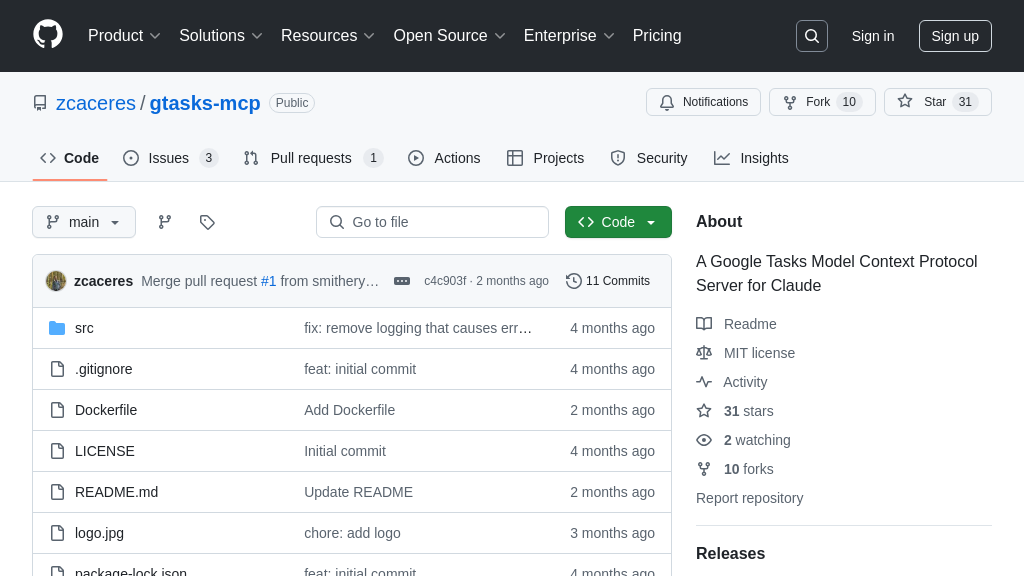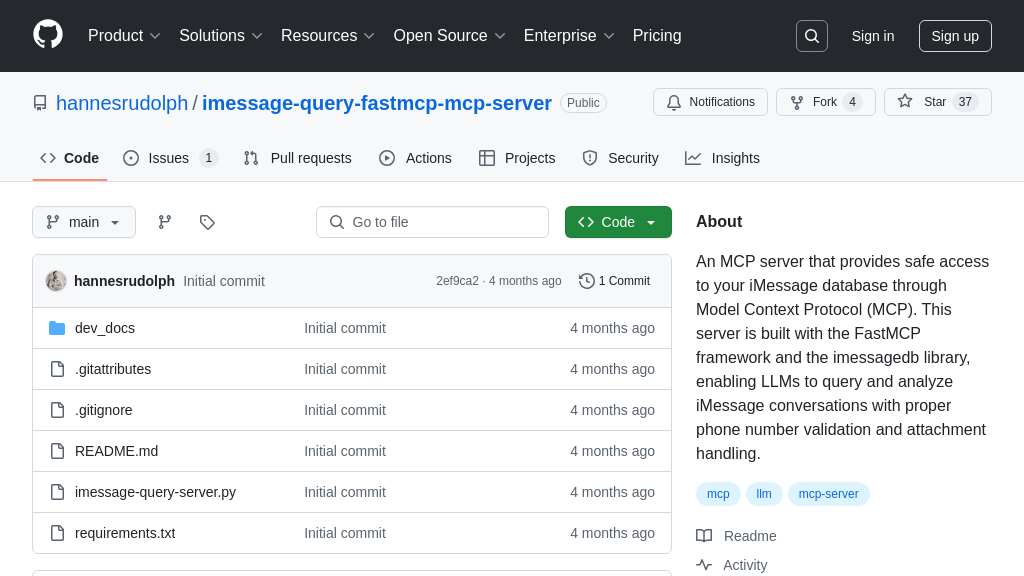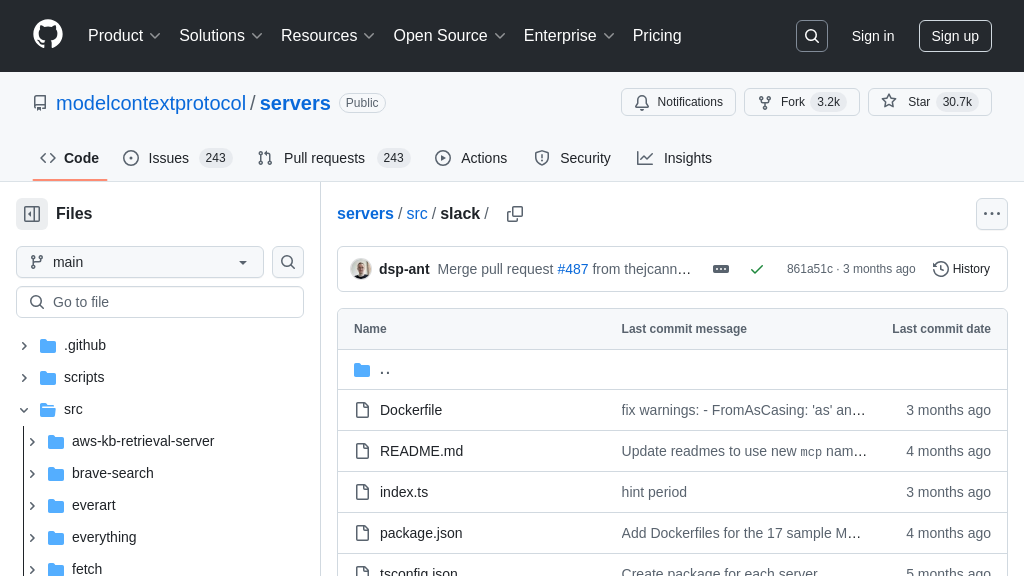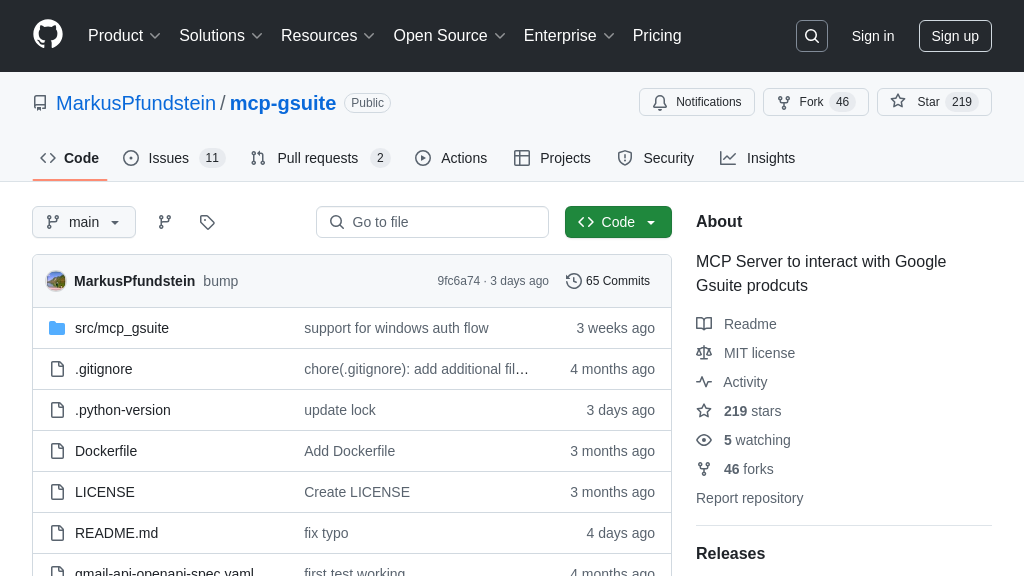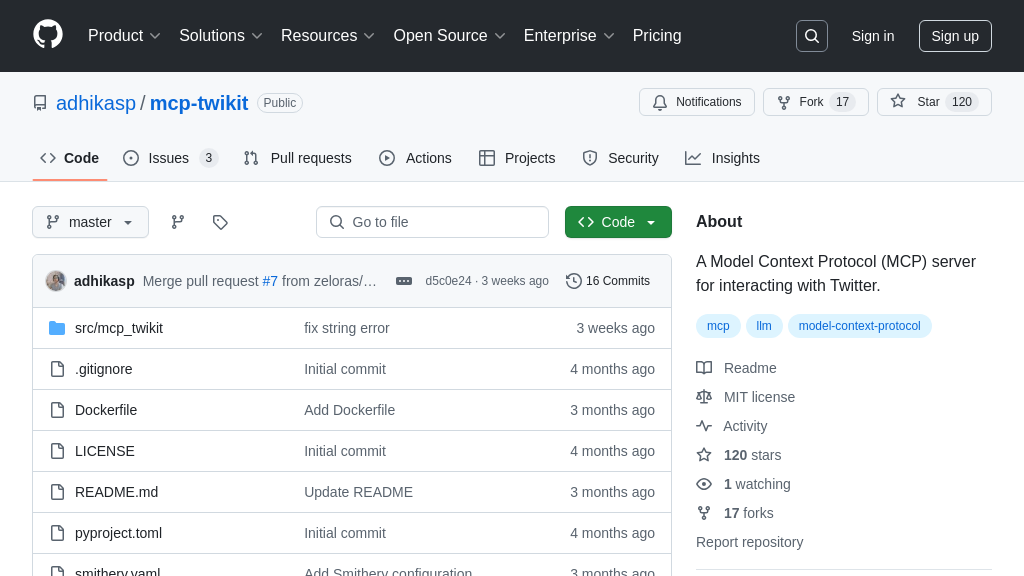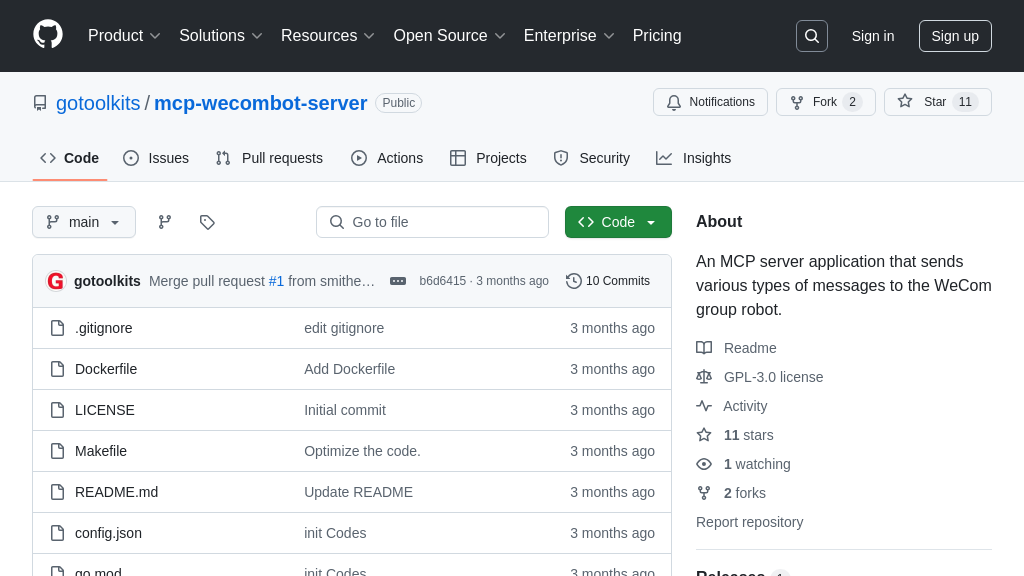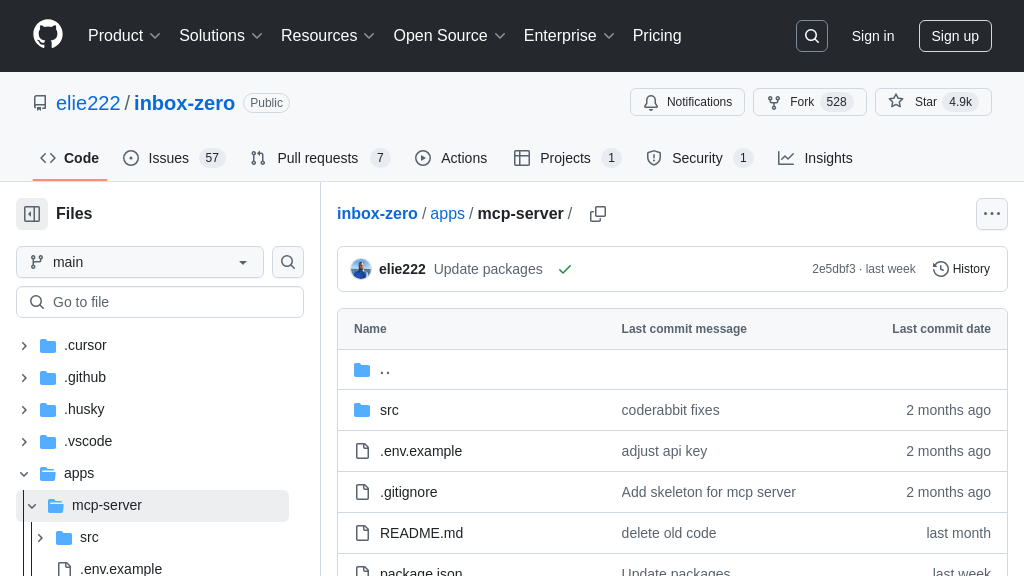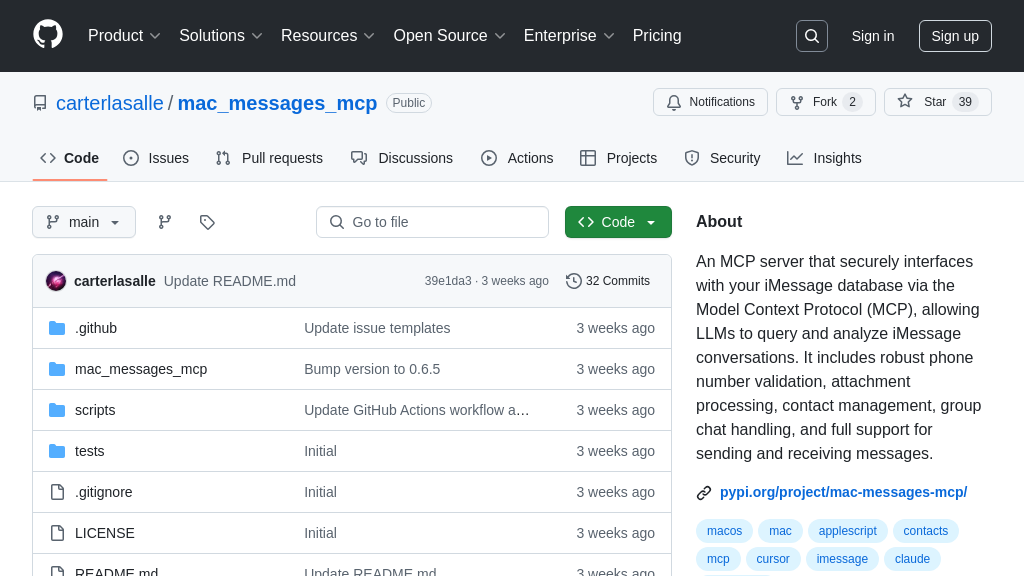telegram-mcp
Telegram-mcp: Connect Telegram to AI models via MCP for secure data access and interaction.
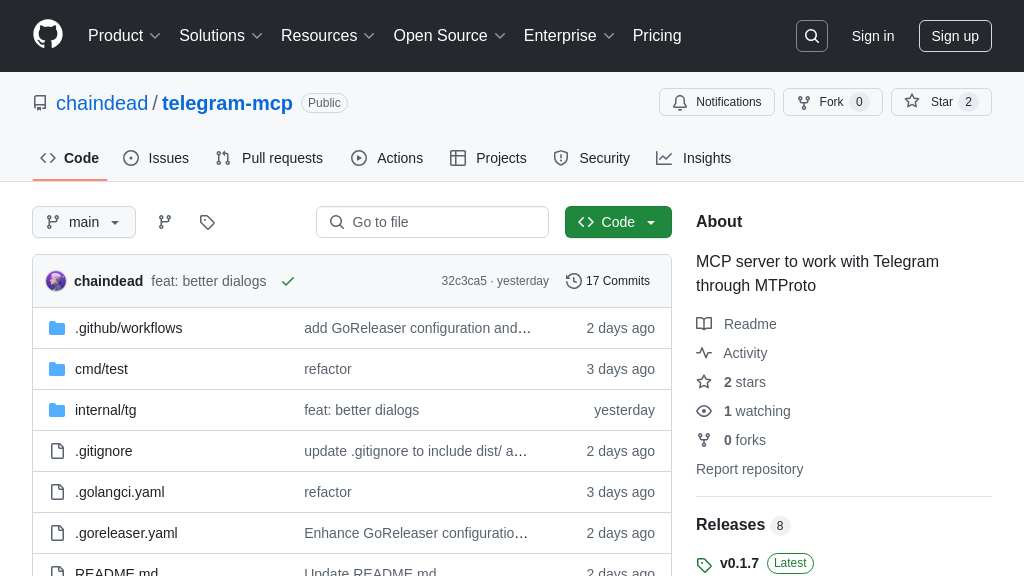
telegram-mcp Solution Overview
telegram-mcp is an MCP server designed to bridge AI assistants with the Telegram API, enabling seamless interaction with Telegram's functionalities. This server empowers AI models to access user data, retrieve dialog lists (chats, channels, groups), fetch messages, mark channels as read, and even draft messages, significantly enhancing the AI's awareness and contextual understanding within Telegram.
By leveraging the Model Context Protocol (MCP), telegram-mcp provides a secure and standardized interface for AI models to interact with Telegram. It addresses the developer's need for a reliable way to integrate AI with Telegram, offering functionalities such as retrieving messages by date and time and accessing contact lists. The server is implemented in Go and supports multiple platforms, ensuring broad compatibility. Configuring telegram-mcp involves obtaining API credentials from Telegram and setting up the client configuration in applications like Claude Desktop or Cursor, allowing AI models to intelligently interact with Telegram data.
telegram-mcp Key Capabilities
Telegram API Bridge
telegram-mcp acts as a crucial intermediary, securely connecting AI models to the Telegram API via the Model Context Protocol (MCP). This allows AI assistants to access and interact with Telegram data, such as user information, chats, and messages, without directly exposing the Telegram API to the AI model. The server handles the complexities of the MTProto protocol, abstracting it away from the AI model and providing a simplified interface for data retrieval and manipulation. This ensures that AI models can leverage Telegram data for various tasks while adhering to security best practices and the Telegram API Terms of Service.
For example, an AI assistant could use telegram-mcp to summarize unread messages in a Telegram channel or draft a response to a message based on the context of the conversation. The server uses the Telegram API to fetch the necessary data and then presents it to the AI model in a structured format.
Data Retrieval and Management
This MCP server provides functionalities to retrieve a wide range of Telegram data, including user profiles, contact lists, dialogs (chats, channels, groups), and messages. It also supports filtering messages by read status and retrieving messages by date and time. Furthermore, it enables AI models to mark channels as read and draft new messages. This comprehensive data access empowers AI models to perform various tasks, such as sentiment analysis on Telegram conversations, identifying key topics discussed in groups, or creating personalized responses based on user preferences and past interactions.
Imagine an AI-powered customer service bot integrated with Telegram. Using telegram-mcp, the bot can access the customer's message history, understand their previous interactions, and provide relevant and personalized support. The ability to retrieve messages by date and time allows the bot to quickly locate specific information and resolve customer issues efficiently.
Secure Authentication and Authorization
telegram-mcp implements a secure authentication and authorization mechanism to protect user data and prevent unauthorized access to the Telegram API. It requires users to authenticate with their Telegram account using their API ID, API hash, and phone number. This ensures that only authorized AI models can access and interact with Telegram data. The server also handles the complexities of managing Telegram sessions and tokens, simplifying the authentication process for AI model developers.
For instance, when configuring Claude Desktop or Cursor to use telegram-mcp, the user needs to provide their Telegram API credentials. The server then uses these credentials to authenticate with the Telegram API and establish a secure connection. This prevents unauthorized AI models from accessing the user's Telegram data without their explicit consent. The configuration also allows specifying environment variables for API keys, enhancing security.
Technical Implementation
telegram-mcp is written in Go, leveraging its concurrency features and network programming capabilities to efficiently handle multiple requests from AI models. It uses the MTProto protocol to communicate with the Telegram API, ensuring secure and reliable data transmission. The server is designed to be lightweight and easy to deploy, with pre-built binaries available for macOS, Linux, and Windows. It can be installed from releases or built from source using Go. The configuration process is straightforward, requiring users to obtain their Telegram API credentials and configure their AI client to recognize the server.
